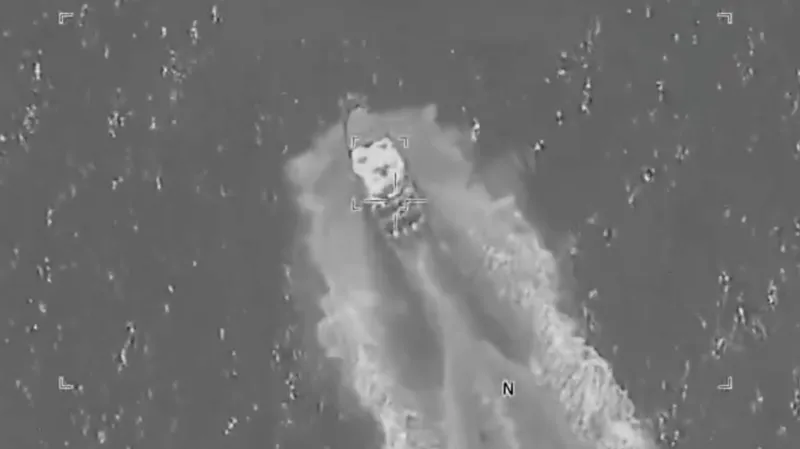Siliguri, October 19, 2025: Months after the devastating floods in North Bengal on October 5, residents of affected districts are still grappling with the aftermath. Beyond the loss of homes, livelihoods, and infrastructure, countless individuals lost essential identity documents—ranging from Aadhaar cards and voter ID cards to land deeds and caste certificates. With the Special Intensive Revision (SIR) of electoral rolls expected to begin soon in West Bengal ahead of the 2026 assembly elections, local administrations have been working to ensure that flood-affected residents can reclaim these crucial documents.
Flood Aftermath and Its Impact on Documents
The October 5 floods, triggered by extremely heavy rainfall, led to landslides and waterlogging across Darjeeling, Jalpaiguri, Cooch Behar, Alipurduar, and Kalimpong districts. The disaster claimed 32 lives and displaced thousands, leaving many residents without access to personal and official papers. In Darjeeling district alone, Chief Minister Mamata Banerjee reported that nearly 70,000 people were affected, with over 1,300 individuals rescued and relocated to safer areas.
The loss of documents poses a significant challenge, particularly as the SIR—a process designed to update and revise electoral rolls—is likely to be rolled out in the coming weeks. Without these documents, many residents may find themselves unable to verify their eligibility to vote or access government services.
Government Measures: Special Outreach Camps and Chatbots
To address this urgent need, the state government has set up special outreach camps in flood-affected areas. Initially, 21 camps were operational within relief centers, but as residents have gradually returned to their villages, the administration has begun establishing village-level camps.
A senior official from Darjeeling district said, “We are expanding the camps as people return home. Residents can now reclaim lost documents without traveling long distances to relief centers.”
In Jalpaiguri district, the administration has also launched chatbots to streamline applications. Residents can submit requests online, and officials follow up via mobile to facilitate the retrieval of lost documents. “Once we receive an application, our control room staff call the applicant and process the request,” a senior official explained.
Types of Documents and Processing Time
The documents being issued include:
- State government-issued documents: caste certificates, ration cards, birth and death certificates, and land deeds. These can be quickly traced and reissued from government records.
- Central government-issued documents: Aadhaar cards and voter ID cards. These may take longer to reissue due to verification processes with central databases.
Officials have also simplified the procedure for reporting lost documents. Residents are required to lodge a general diary (GD) with the police before applying for duplicates. Police camps have been set up alongside the outreach camps to facilitate this step, ensuring that residents can complete the process without multiple trips.
Integration with ‘Amader Para Amader Samadhan’ Initiative
In August 2025, the state government launched “Amader Para Amader Samadhan”, an initiative providing booth-level resolution of local issues. These booths now include separate counters for residents to reclaim lost documents, further expanding access and easing administrative bottlenecks.
Officials noted that while government-issued certificates can be traced easily through local department records, documents like Aadhaar cards and voter IDs require additional verification and may take longer to process.
SIR Preparations Amid Flood Disruption
The urgency of reclaiming lost documents is amplified by the upcoming Special Intensive Revision of electoral rolls in West Bengal. The Election Commission of India (ECI) conducted training sessions in September 2025 for district-level election officers to prepare for the possible rollout, led by Deputy Election Commissioner Gyanesh Bharti.
CM Mamata Banerjee has raised concerns about the timing of the SIR, highlighting that five North Bengal districts remain affected by floods. She questioned how residents could submit documents and update electoral rolls within the short timeframe while also recovering from the disaster. “The state has been hit by a calamity. Many people have lost documents and are unable to access administrative offices due to ongoing relief work,” she stated.
Challenges Faced by Residents
For flood-affected villagers, the process of reclaiming documents is not just bureaucratic but essential for daily life. Land deeds, ration cards, and caste certificates are vital for property rights, government benefits, and social security schemes. Without these, residents face difficulties in accessing relief funds, educational certificates, and voting rights.
Officials have noted a surge in applications: in Jalpaiguri district alone, over 4,000 requests have been received, with 2,400 coming from Nagrakata, one of the worst-affected blocks.
Government Response and Transparency
The district administrations have prioritized transparency and accessibility. While some residents expressed concerns over delays, authorities have emphasized systematic tracking of all requests through the chatbot and on-site camp mechanisms. Efforts are being made to ensure that all lost documents are reclaimed before the SIR process begins, minimizing the risk of disenfranchisement.
The combined approach of physical camps, police facilitation, and digital applications aims to provide comprehensive coverage, particularly for the most vulnerable flood-affected populations.
Looking Ahead
As the North Bengal districts gradually recover from the October 5 floods, the timely issuance of lost documents will be crucial to ensuring that residents participate fully in the upcoming electoral process. With SIR likely to roll out soon and assembly elections slated for 2026, state authorities are working against time to ensure that every eligible voter has the necessary documentation.
The floods highlighted not only the vulnerability of infrastructure and housing but also the fragility of identity documentation in disaster scenarios. By setting up a multi-tiered system of camps, police facilitation, and digital applications, the state is attempting to mitigate these challenges and restore normalcy for residents in flood-affected districts.


Leave a Reply